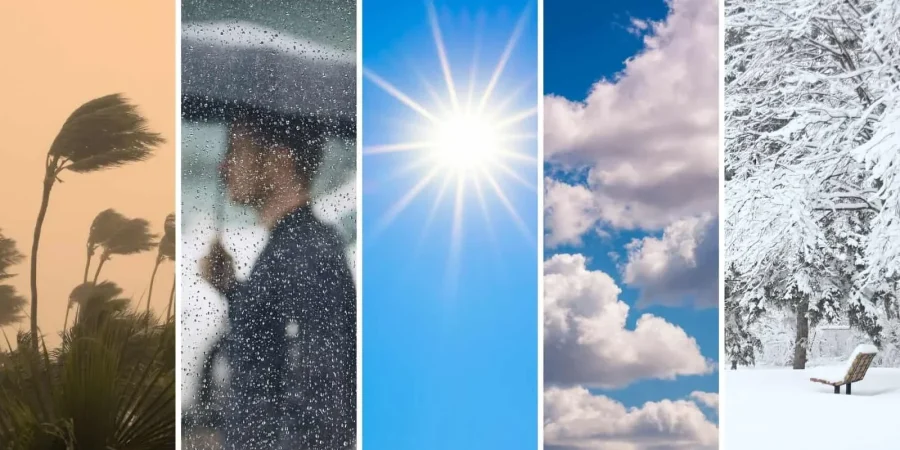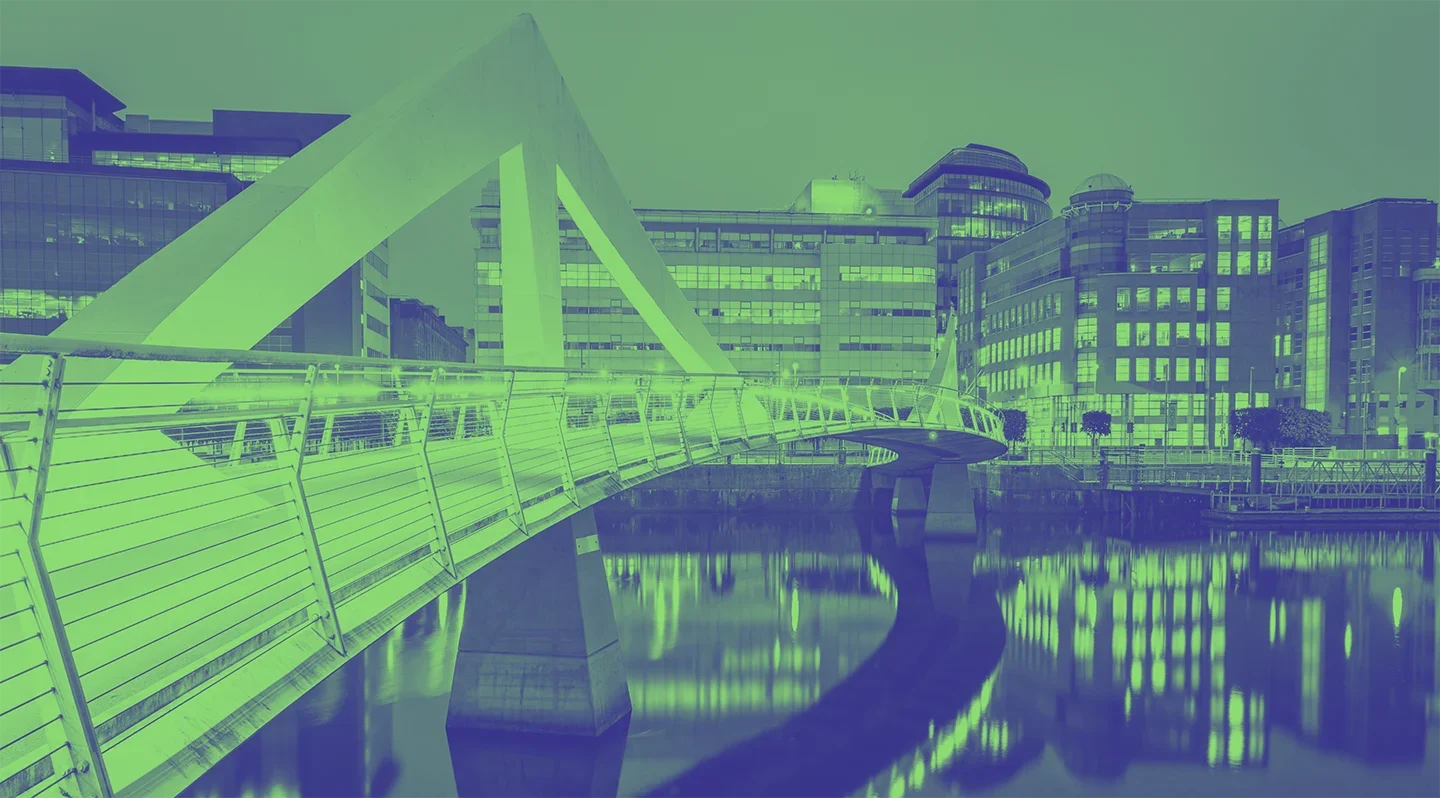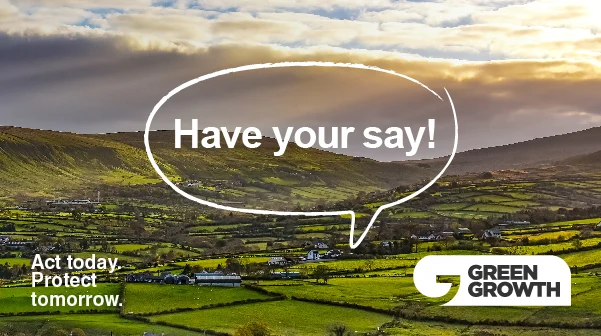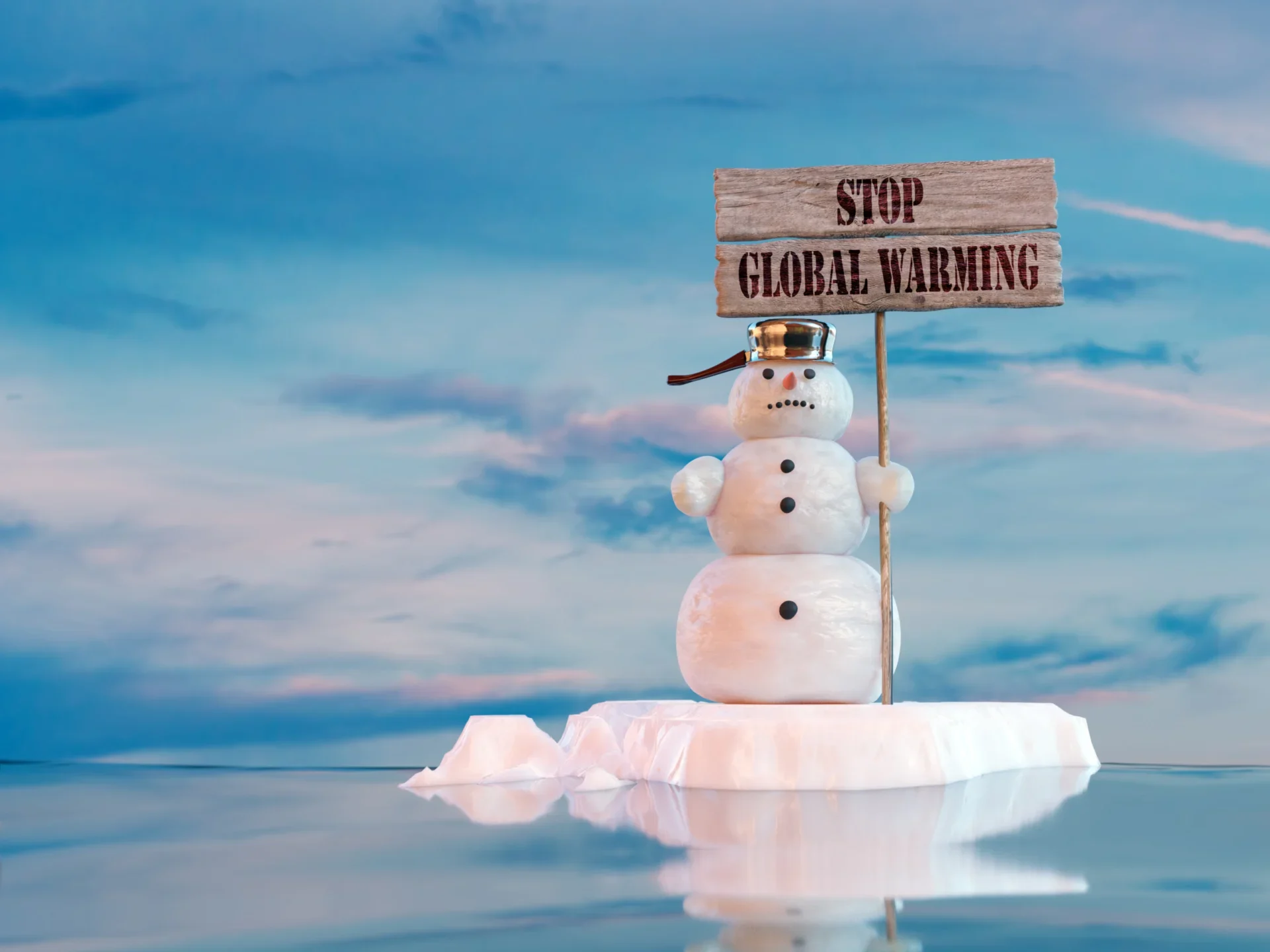Northern Ireland recorded it’s hottest day ever this summer. Extreme weather events, all around the world, are occurring with greater frequency. Can we make a connection between climate change and the weather?
Is this recent heatwave anything to do with Climate Change?
A temperature of 31.2C was recorded in Ballywatticock on the 17th of July, making it officially Northern Ireland’s hottest day. The previous record temperature of 30.8C was set in 1976 and matched again in 1983. While office gossip suggests this is going to be Northern Ireland’s warmest summer, we won’t know until after the summer has ended. The one thing we can say for certain is that this warming trend is going to continue.
So, climate change did cause the heatwave?
Well, it’s never that simple. We really need to understand what we mean when we talk about ‘weather’ and ‘climate’.
What is weather?
Weather is the state of the atmosphere at any given time and place. In general terms, weather includes temperature, rain, clouds, and wind that we all experience throughout the course of a typical day.
What does climate mean?
Climate is the long-term average of the weather in a given place. Climate change is therefore something that develops over time. We can think of climate by the type, frequency, duration, and intensity of weather events such as heat waves, cold spells, storms, floods, and droughts.
If you’re like me, you’ll be checking the weather every day to see what coat you need to wear. But, if you choose to move somewhere different, the climate will give you an idea of the clothes you need to have in the wardrobe.
What exactly is climate change?
When we think of climate change, we probably think of global warming. There’s so much data that tells us global temperatures are now rising faster than at any other time. This change in temperature increases the volatility of our weather.
Human activity (such as burning fossil fuels and deforestation) has caused our climate to change over the last 100 years or so. Increasing amounts of greenhouse gases are causing average temperatures across the globe to go up. Unless we take aggressive action to lower our greenhouse gas emissions, the climate change we are experiencing today will only continue to get worse. It’s possible that we can expect the weather in future to become warmer, wetter, more extreme and potentially more dangerous.
How does climate change affect temperature?
You could also ask, how does temperature affect climate change? Rising average temperatures causes the climate to change. Everyone is concerned by climate change, because the average temperatures are going up. As the temperature changes, so does the climate (over a longer time period). Remember that the climate in Northern Ireland is different to the climate in France. Climate change is different all over the world because it affects local weather patterns in a different way.
Climate change can be thought of as a trend. For example, all of the top 10 warmest years on record worldwide have occurred since 2005. Heat waves are lasting longer and becoming more intense. This increase in global average temperature is associated with widespread changes in weather patterns.
How will climate change affect us
Scientific studies indicate that extreme weather events such as heat waves and large storms are likely to become more frequent or more intense with human-induced climate change. In the UK milder winters and hotter summers have been linked to climate change.
People are going to move.
At a very basic level and in general terms, there is going to be less land available to live on. Why? Rising sea levels.
The oceans are great at absorbing heat. However, when water heats up, it expands, taking up more volume. As oceans expand, the sea level starts to rise.
There’s also the added complication of melting ice. We’re losing glaciers and ice sheets at record rates. Over the last 100 years, the global average sea level has risen by 16 centimetres. It doesn’t sound like much, but it’s estimated that 39% of the world’s population live within 100km of the shoreline. 600 million people live in a ‘low-level coastal zone’, and 200 million on a coastal flood plain.
Northern Ireland isn’t immune to coastal flooding. We all know the stories about parts of Belfast that are below sea level. Towns like Downpatrick and Newcastle have experienced bad floods over the years. It’s likely that we’ll start to see the effects of rising sea levels in Northern Ireland within 10 years. For some people, rising sea levels are going to make life challenging.


Agriculture
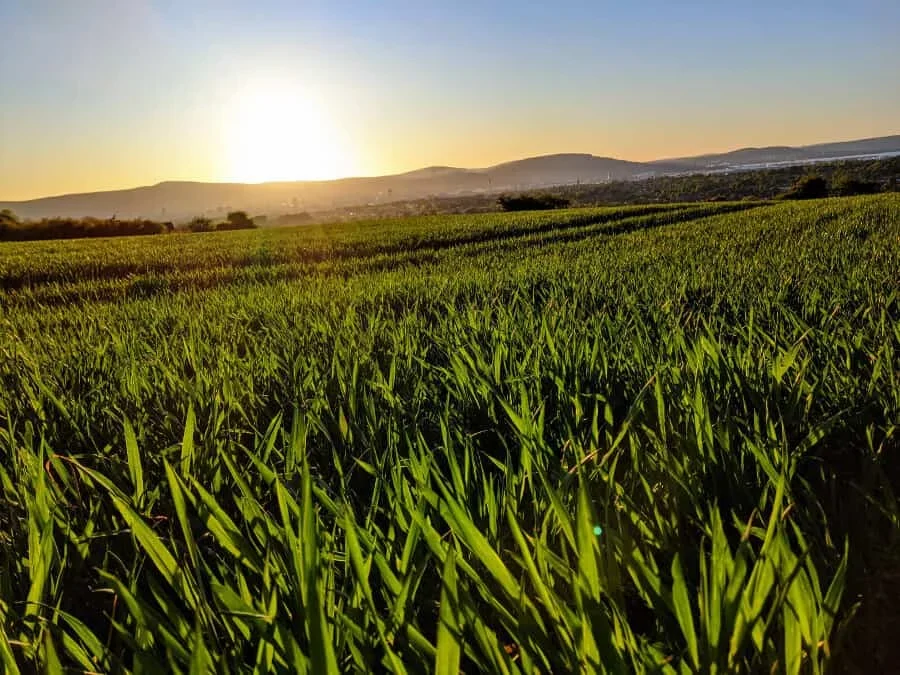
Warmer and wetter weather seems like a good combination for growing crops. Northern Ireland might actually benefit from climate change. We might be able to grow a more diverse range of fruits and vegetables. However, as we are already seeing in other parts of the world, climate change is going to make farming much more challenging. Droughts and extreme weather events could prevent any form of agriculture in some places. Reduced levels of production on a global scale could have devastating consequences for millions of people.
Climate change is going to make our lives more challenging.
In certain parts of the world people live with the risk of storms, earthquakes, volcanoes, floods, high temperature and droughts. All of them. And scientists are predicting that those events are going to increase. Eventually, there will be mass migration events.
The UK isn’t immune to the effects of climate change. All of the UK’s ten warmest years on record have occurred since 2002. Hotter summers tend to increase the numbers attending A&E and needing medical care.
Heavy rainfall is also more likely. Since 1998, the UK has seen seven of the ten wettest years on record.
There’s an economic cost associated with climate change. Floods, storms, and extreme heat can cause damage to buildings, disrupt transport, and affect our health. Who pays for that? Will it be the taxpayer?
More extreme weather events are likely to increase our home insurance premiums. Will we need to install air conditioning units? What other potential costs to you can you think of?
What happens if average temperatures rise by 2 degrees?
The Paris Agreement aims to keep rising temperatures below 2.0°C, and preferably closer to 1.5. With a 2.0°C rise in average global temperature the number of days exceeding 25.0°C is estimated to be 18 days per year. It’s not all sunshine though. If we have an average temperature increase of 2.0°C, it is expected that we will experience 2 extra days of intense and prolonged rainfall. While it doesn’t sound like a lot, that’s more than enough to cause widespread flooding. More flooding means more damage to property and more disruption to our lives.

Why is 25°C important?
The World Meteorological Organisation (WMO) defines any day with a maximum temperature above 25°C as a “summer day”. Belfast has just recently had 11 days in a row where the temperature exceeded 24°C. 9 of those days were officially a summer’s day i.e. the temperature was above 25. For context, the average July temperature in Belfast is about 15°C. No one knows for certain what will happen in future, but rising temperatures will have an impact.
Is there anything you can do to prevent climate change?
We can’t just leave it up to our governments to fix climate change. While the private sector is coming up with innovative solutions, we all need to act. We need everyone to think about how they can change their behaviour. What can you do to reduce your energy consumption? What can you do to reduce your carbon footprint? A simple lifestyle change can make a difference.

